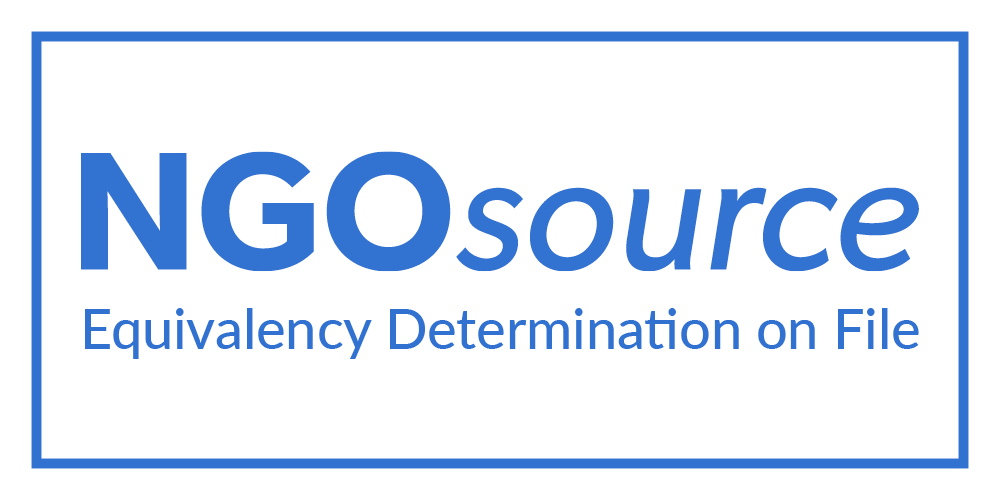- This email address is being protected from spambots. You need JavaScript enabled to view it.
Research Studies
Total number of studies (11)
-
Methodological approach: A cross-sectional survey to estimate the direct and indirect costs incurred by TB patients. TB patients were eligible for the study if had been in intensive phase treatment for 14 days or 28 days into the continuation phase.
Key Findings: N/A
Outputs/Outcomes: The project has now reached 70.7% of the overall target. Data analysis has not begun but when done it will provide a national average of TB patient costs.
Related resources: Weekly report to WHO. Regular meeting with the scientific advisory board of the patient cost survey.
- Timeline: Jan 2020-Dec 2020
- Research Partners: NDoH, World Health Organisation, Geneva, Switzerland
- Locations: Gauteng, Free State, Northern Cape, Limpopo, KwaZulu Natal, Mpumalanga, Eastern Cape, Western Cape and North West
-
Methodological approach: Four independent pragmatic two-arm cluster-randomised trials (CRTs), with the health facility as the unit of randomisation, conducted in the Philippines, South Africa, Tanzania, and Ukraine. Facilities are randomised to either the intervention or standard of care (SOC) arm using stratification and restriction.
Key Findings: N/A
Outputs/Outcomes: A scalable, affordable, and evidence-based patient-centred treatment support package informed by Digital Adherence Technologies for all types of TB.
Related resources: Project Synopsis, global twitter page, ASCENT website (under construction).
- Timeline: August 2019-December 2022
- Research Partners: KNCV, LSTHM, PATH
- Locations: Gauteng and Cape Town
-
Methodological approach: Cluster randomised control trial in 18 facilities across Gauteng, Kwa-Zulu Natal and Western Cape. Facilities are randomised to either the intervention or standard of care (SOC) arm using stratification and restriction. Intervention arm received evriMED device (medication monitor) with differentiated care approach.
Key Findings: N/A
Outputs/Outcomes: N/A
Related resources: N/A
- Timeline: August 2018 –June 2022
- Research Partners: Desmond Tutu HIV Foundation (DTHF), IRD SA, LSTHM
- Locations: Gauteng, KwaZulu-Natal and Western Cape
-
Methodological approach: TB screening and CXR was offered to all the inmates in the correctional facilities. Participants who were symptomatic or those who had an abnormal chest x-ray (CAD4TB score ≥50) had two spot sputum samples collected for Xpert Ultra and Culture testing.
Key Findings: Our data suggests that the TB yield doubles when d-CXR is added to the routine symptom screening. This study also evaluated whether Xpert Ultra has adequate sensitivity compared to the gold standard of MGIT Culture. Both of these tests had a similar yield indicating that Xpert Ultra is an effective diagnostic test for TB.
Outputs/Outcomes: N/A
Related resources: Report to DCS
- Timeline: June 2018 to September 2018
- Research Partners: Right to Care, TB HIV care Association
- Locations: North West Free State Eastern Cape
-
Methodological approach: The TBTT functions through an Executive Committee responsible for delivering TBTT mission and mandate, a Secretariat (Aurum Institute) that manages day-to-day activities, and 6 technical task teams aligned with TBTT priorities: 1) Finding the missing TB patients; 2) Optimising treatment delivery and financing models; 4) TB Prevention; and 5) Research on new tools; and 6) TB Epidemiology, Modelling and Health Economics Each task teams is responsible for execution of work plans and enables broad-based stakeholder representation on the TBTT.
The TB Think Tank communicates its recommendations and findings through: policy briefs to the NDoH, annual reports to stakeholders, presentations at meetings and/or conferences, and publications in peer reviewed journals. All recommendations from the TB Think Tank are advisory to the NDoH, which retains full control over any subsequent decisions or actions regarding any proposals, policy issues or other matters considered by the TB Think Tank.
Key Findings:The TB Think Tank has this far, played a very important role in advising the National TB control programme on TB policy and program. Notable achievements made so far by the TB TT since 2017 include:
1.Development and implementation of a comprehensive strategy for finding the Missing TB Patients in South Africa through efficient case detection strategies and addressing shortcomings in the continuum of care;
2.Policy recommendations for optimizing TB care and treatment management for HIV-infected adults.
3.Revision of TB preventive therapy guidelines.
4.Revision of TB screening guidelines.
5.Evaluation of mobile health technologies being implemented in the country.
6.Strengthening male centred care services as well as patient centred care services.
7.Optimizing TB preventive therapy by reviewing barriers to IPT implementation in South Africa.
8.Publication - Opportunities from a new disease for an old threat: extending COVID-19 efforts to address Tuberculosis in South Africa.
9.Landscape analysis for TB drugs drafted by the Secretariat, shared with task team.
10.Supporting the process of recovering TB services during the COVID-19 pandemic.
Recommendations for South African TB Catch up plans have been drafted after a series of meetings held by TB Think Tank members with NDOH representatives to ensure a rapid increase in finding patients with TB as an emergency measure.
Outputs/Outcomes: We expect the following reports for the commissioned work by January 2021.
Review of digital chest x-rays
Qualitative work on families at risk, exposed contacts, HIV positive patients and health care work about preferences for preventative therapy.
Review of the TB module in TIER.NET
TB Prevention Task Team has been supporting the process to revise the TPT guidelines.
Related resources:National TB Think Tank Brochure.
Manual of operating procedures
Completed reports and policy briefs.
- Timeline: 2017-2021
- Research Partners: Civil society , Implementing organizations, NDoH, Public-sector health practitioners, Private sector, Researchers/Academics, TBTT
- Locations: South Africa




